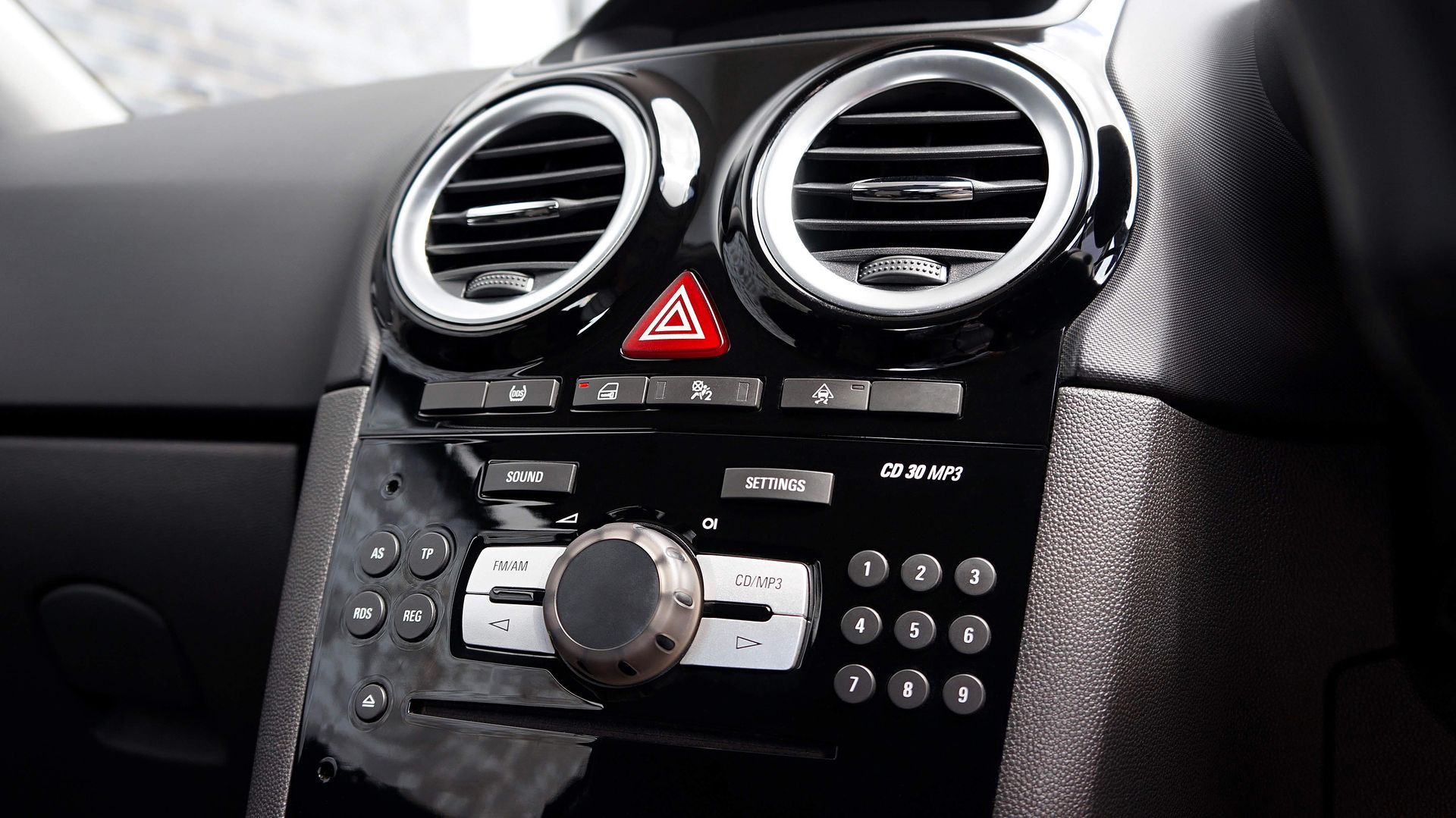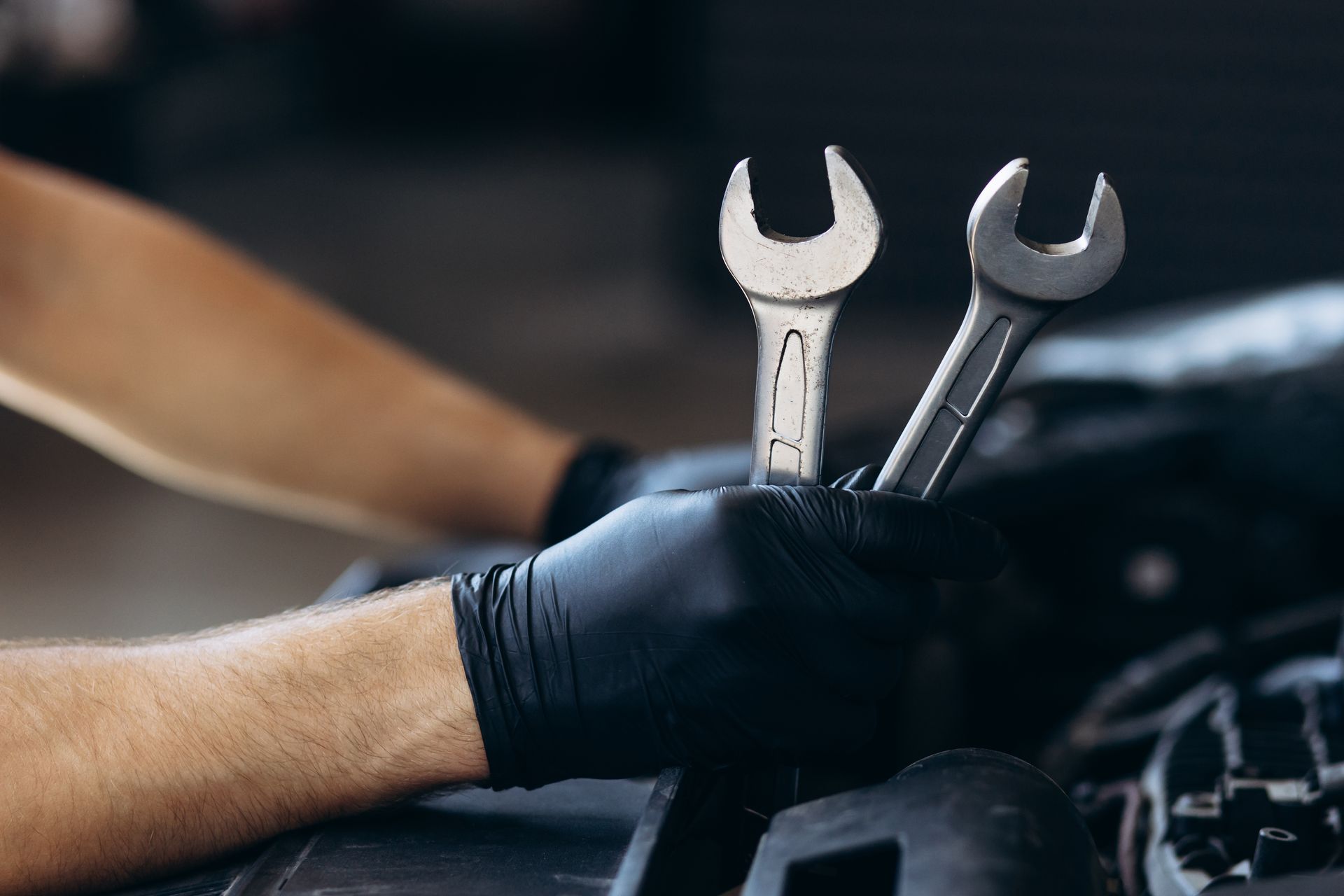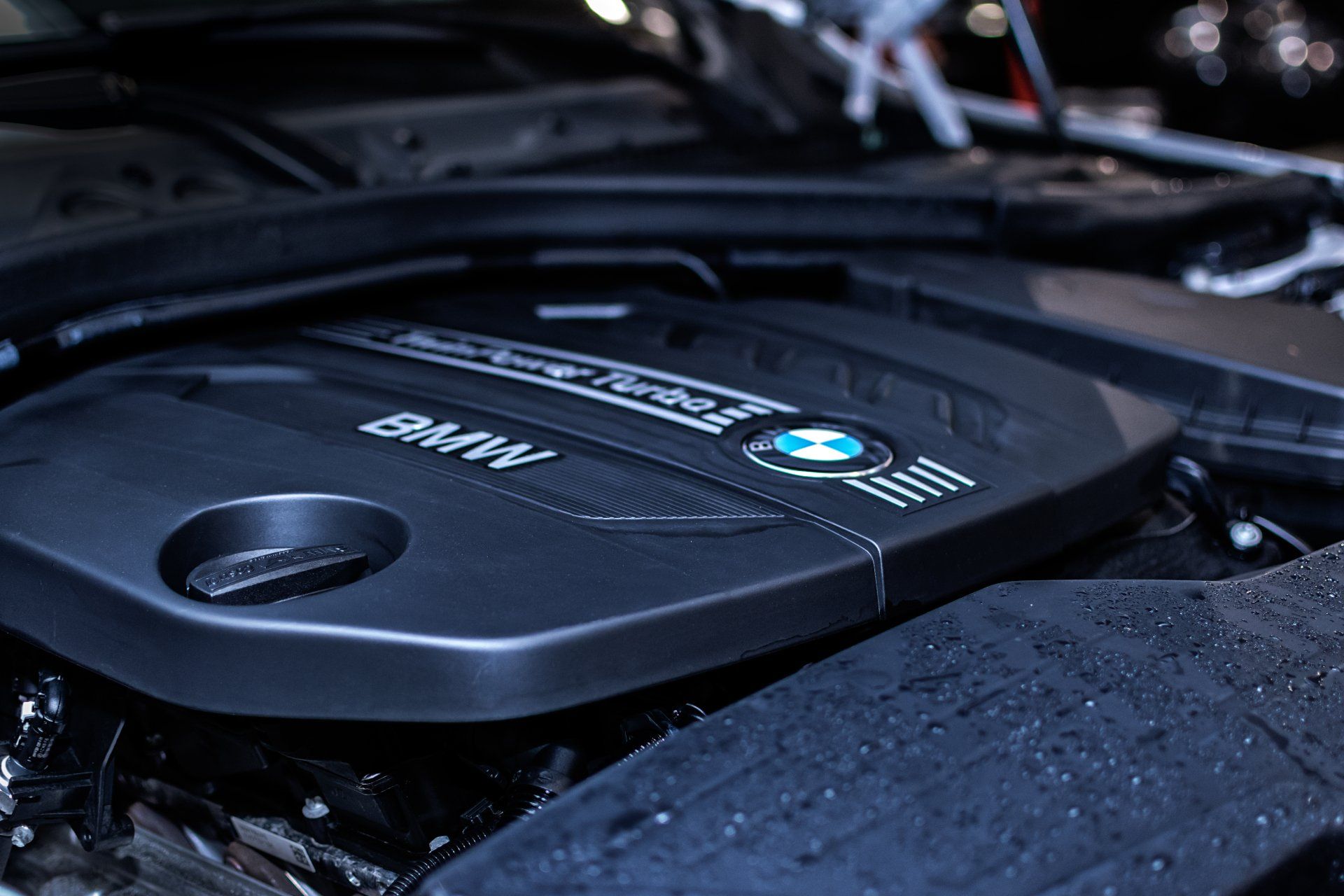When to Replace the Timing Belt in Your BMW: Signs and Guidelines
If you're a proud owner of a BMW in Chattanooga, TN, you understand the importance of regular maintenance to keep your vehicle running smoothly. One crucial aspect of BMW maintenance is knowing when to replace the timing belt. At Bavarian Auto Repair, we understand the intricacies of BMWs, and in this comprehensive guide, we'll discuss the signs and guidelines for timing belt replacement in your BMW.
Why Is the Timing Belt Important?
The timing belt plays a critical role in your BMW's engine. It synchronizes the rotation of the camshaft and crankshaft, ensuring that the engine's valves open and close at the right time. If the timing belt fails, it can lead to severe engine damage and costly repairs. Therefore, understanding when to replace it is essential for the longevity of your BMW.
Signs that Your Timing Belt Needs Replacement
- High Mileage: As a general guideline, most experts recommend replacing the timing belt every 60,000 to 100,000 miles. Keep track of your BMW's mileage and consider replacement within this range.
- Audible Ticking Noises: A worn-out timing belt can produce a ticking noise, especially when the engine is running. If you hear unusual sounds coming from your engine, it's time to have it checked.
- Visible Wear and Tear: A visual inspection of the timing belt can reveal signs of wear, such as cracks, fraying, or glazing. If you notice any damage, it's a clear indicator that replacement is necessary.
- Engine Misfires: If your BMW's engine starts misfiring, it may be due to a worn-out timing belt causing the engine's timing to be off. This can result in poor performance and decreased fuel efficiency.
- Oil or Coolant Leakage: Leaks from the timing belt cover can damage the belt, causing it to deteriorate faster. Keep an eye out for any leaks and address them promptly to prevent further damage.
- Loss of Power: A failing timing belt can lead to a loss of power, making your BMW feel sluggish and less responsive. If you notice a decrease in performance, it's time to inspect the timing belt.
- Warning Light: Modern BMWs are equipped with a dashboard warning light that indicates engine problems. If the timing belt is an issue, this warning light may illuminate.
Guidelines for Timing Belt Replacement
- Consult Your BMW Owner's Manual: Your BMW's manufacturer provides specific guidelines for timing belt replacement. Refer to your owner's manual for recommended intervals.
- Trust Professional Mechanics: Timing belt replacement is a complex task best left to experienced mechanics. At Bavarian Auto Repair, our certified technicians have the expertise to handle BMW timing belt replacements with precision.
- Use High-Quality Parts: When replacing the timing belt, ensure that high-quality OEM (Original Equipment Manufacturer) or equivalent parts are used to maintain the integrity of your BMW's engine.
- Inspect Other Components: While replacing the timing belt, it's wise to inspect other related components such as the tensioner, pulleys, and water pump. Replacing these parts simultaneously can prevent future issues and save on labor costs.
- Maintain a Maintenance Schedule: Regularly scheduled maintenance is key to prolonging the life of your BMW. Stick to your maintenance schedule, which includes timing belt replacement, to ensure your vehicle's reliability.
Conclusion
In Chattanooga, TN, where your BMW faces varying driving conditions, staying on top of timing belt maintenance is crucial. Signs of wear and tear, unusual noises, and loss of power are indicators that it may be time for a replacement. Trust the experts at Bavarian Auto Repair to provide professional timing belt replacement services and keep your BMW running at its best. Regular maintenance ensures your BMW's longevity, so don't overlook this critical aspect of care for your cherished vehicle.















